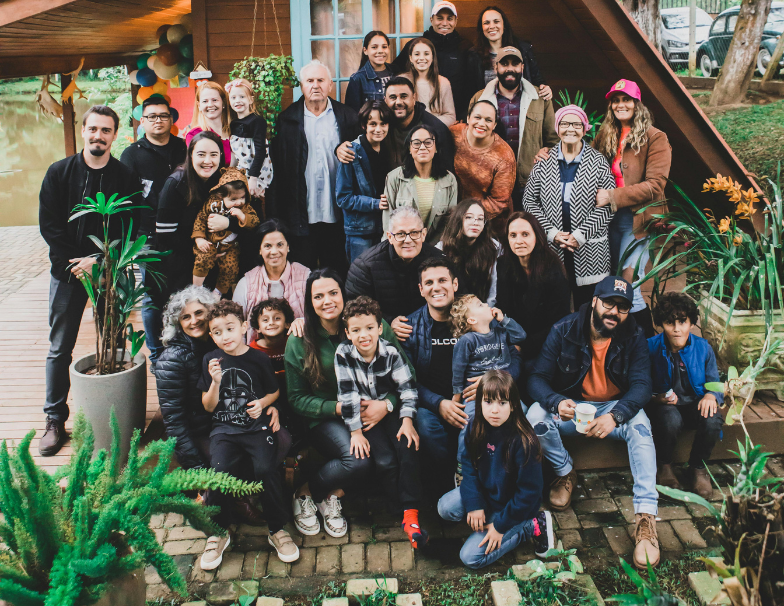Urban vs Rural Retreat Benefits: Find the Perfect Setting for Your Team
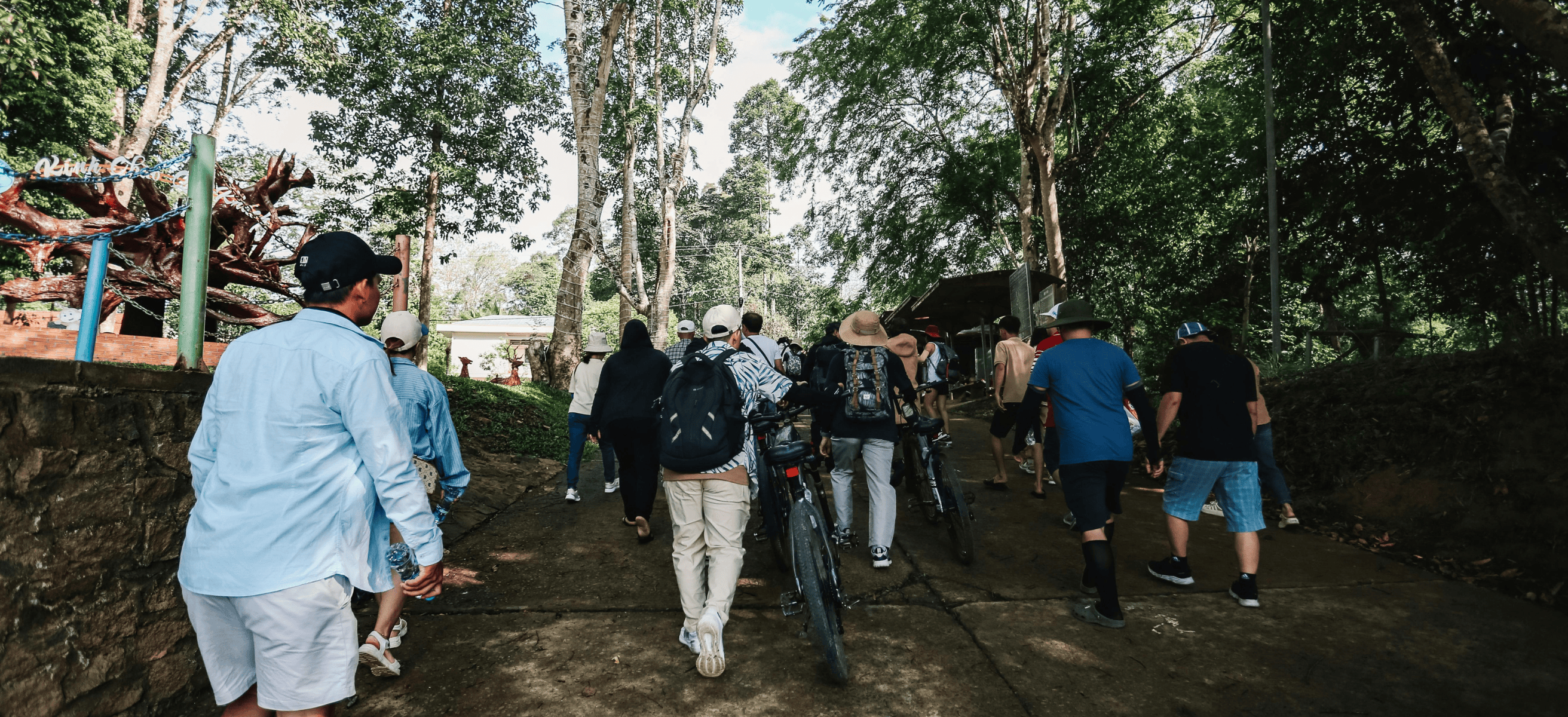
Deciding between an urban or rural retreat for your next team getaway? Understanding the benefits of each can guide your choice. Urban retreats provide easy access, cultural activities, and modern amenities, while rural retreats offer peaceful settings, nature-based activities, and unique lodging. This article breaks down the benefits of urban vs rural retreat benefits to help you find the perfect fit.
Key Takeaways
- Urban corporate retreats offer unmatched accessibility, modern meeting spaces, and cultural experiences that enhance team bonding and creativity.
- Rural retreats provide a tranquil environment, unique lodging options, and nature-based activities that foster relaxation, collaboration, and effective team building.
- Careful consideration of costs and logistics is essential when planning a retreat, as urban settings may be pricier but offer convenience, while rural retreats can be more affordable yet require meticulous planning.
The Appeal of Urban Corporate Retreats

Urban corporate retreats offer a dynamic and convenient setting that can significantly enhance the retreat experience. The vibrant city life provides access to a plethora of amenities and entertainment options, making it an attractive choice for many companies. The accessibility and convenience of urban locations are unmatched, with reliable transportation options simplifying travel for participants.
Additionally, the experiences available in cities can create lasting memories and foster team bonding. Modern meeting spaces equipped with state-of-the-art technology further elevate the effectiveness of corporate retreats, ensuring seamless presentations and collaborative work.
These elements combined make urban retreats a compelling option for companies looking to inspire and motivate their teams.
Accessibility and Convenience
Urban corporate retreats stand out for their unparalleled accessibility and convenience. Urban venues are typically located near major transportation hubs, which simplifies travel logistics for participants. With reliable transportation options, attendees can easily reach the retreat location without hassle, ensuring a smooth start to the retreat.
Accessible transportation coupled with numerous amenities enhances the retreat experience, making it enjoyable and stress-free. This ease of access and connection to the city’s services and support systems ensures that participants can focus on the retreat’s objectives without worrying about logistical challenges.
Cultural Experiences
Cities are rich with cultural experiences that can significantly enhance corporate retreats. Engaging in local cultural events and activities can foster team bonding and create unforgettable memories. Imagine your team exploring art galleries, attending theater performances, or dining at acclaimed restaurants—these experiences not only provide a break from the usual routine but also enrich the team’s cultural knowledge and appreciation.
Participating in these activities can elevate the retreat experience, making it more memorable and impactful for all participants. Such cultural adventures are often unparalleled in rural settings, making urban retreats a unique opportunity for teams to explore and bond over shared experiences.
Modern Meeting Spaces
Urban corporate retreats benefit greatly from the availability of modern meeting spaces equipped with the latest technology. These state-of-the-art venues ensure that presentations and collaborative sessions run smoothly, enhancing the overall effectiveness of the retreat. From high-tech conference rooms to versatile event spaces, urban settings provide the perfect environment for productive discussions and brainstorming sessions.
Integrated technology in these meeting spaces facilitates seamless communication and collaboration, aiding teams in achieving their retreat goals. This advanced infrastructure is often a key factor in choosing an urban location for a corporate retreat, as it ensures that all technical needs are met, allowing participants to focus on their objectives.
The Charm of Rural Corporate Retreats
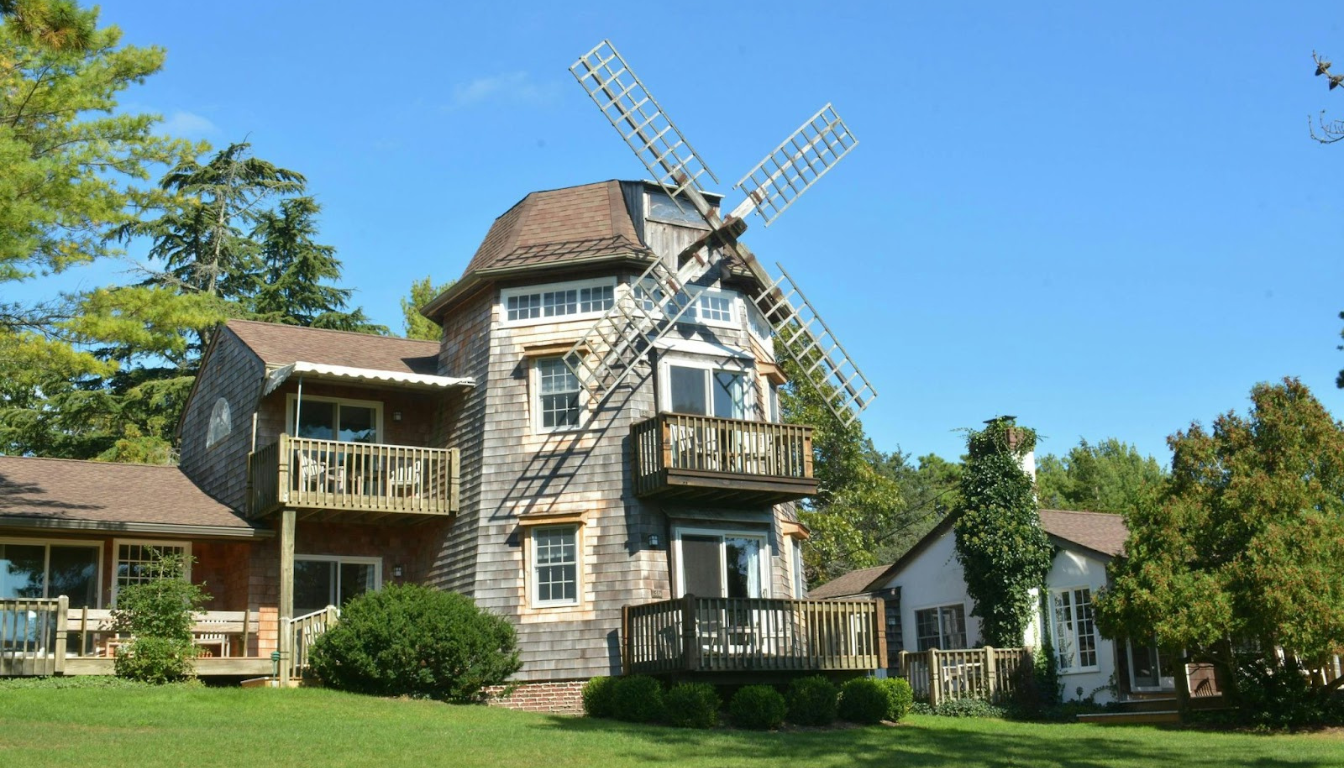
On the other hand, rural corporate retreats offer a unique charm that can be incredibly beneficial for team building and relaxation. The natural settings of rural retreats, such as the picturesque Texas Hill Country, provide a peaceful atmosphere that fosters creativity and collaboration.
Venues like Wildcatter Ranch, with its expansive 1,500 acres of land, offer ample space for various team activities and relaxation. The serene environment of rural retreats allows participants to disconnect from the hustle and bustle of city life, leading to a more focused and rejuvenating experience.
Whether it’s through engaging in nature-based activities or enjoying unique lodging options, rural retreats provide a refreshing break from the usual corporate setting, making them an ideal choice for companies looking to strengthen team bonds and promote well-being.
Peaceful Environment
Rural settings, with their peaceful environment, significantly enhance the effectiveness of corporate retreats. Surrounded by nature, participants can enjoy a sense of calm that is often missing in urban environments. Natural settings have been shown to boost cognitive function and promote well-being, which can lead to more effective brainstorming and collaboration.
Tranquility and lack of noise pollution in rural retreats reduce anxiety and stress, enabling better focus on tasks and activities. This perfect environment for relaxation and reflection can inspire innovative thinking and creative problem-solving, making rural retreats a valuable option for companies aiming to foster a productive and harmonious team dynamic.
Nature-Based Team Building Activities
Nature-based team building activities are a highlight of rural corporate retreats. Engaging in outdoor activities such as hiking, fishing, and kayaking can strengthen team bonds and improve overall collaboration among participants. These activities provide a refreshing break from the typical corporate atmosphere, encouraging out-of-the-box thinking and fostering a sense of adventure and camaraderie among team members.
The natural setting of rural retreats offers the perfect backdrop for these activities, making them more enjoyable and impactful. Participating in these team-building activities helps employees develop essential skills like communication, trust, and adaptability, crucial for an effective team.
Unique Lodging Options
Rural corporate retreats offer unique lodging options that can enhance the overall retreat experience. From Grade II Listed Buildings and lighthouses to farm cottages, these accommodations provide a variety of experiences that add to the charm of rural retreats.
The Rural Retreats portfolio, for example, features over 800 luxury self-catering holiday cottages, nestled to ensure high standards of comfort and amenities for a cozy stay. These charming lodgings are equipped with all the necessary amenities to ensure a pleasant and comfortable stay for all guests, making them ideal for a cozy and intimate getaway.
Additionally, many rural retreats offer environmentally friendly accommodations, adding to the appeal of staying in these unique options. With over 450 dog-friendly holiday cottages available, guests can even bring their pets along for the retreat, making it a truly inclusive experience.
Comparing Costs and Logistics
When planning a corporate retreat, comparing the costs and logistics of urban and rural settings is essential. Urban retreats may have higher costs associated with lodging and activities, but they offer unparalleled accessibility and convenience. On the other hand, rural retreats might require more meticulous planning for transportation and accommodations, but they often provide more affordable options.
Deciding between an urban or rural retreat can shape the tone, focus, and outcomes of the team gathering, making it crucial to weigh the benefits of each setting carefully. By evaluating the cost implications and logistical challenges, companies can make informed decisions that align with their budget and objectives.
Budget Considerations
Budget considerations are a critical aspect of planning a corporate retreat. On average, retreats have shifted from 2 nights costing $550 per person to 3 nights at around $700 per person. Lodging costs generally represent the largest portion of the retreat budget, ranging from 25-35%.
Budget allocations typically include:
- Food and beverage expenses: about 20-30% of the budget, covering all meal types and dietary needs.
- Transportation: typically accounts for 15-25% of the total budget.
- Venue discounts: many venues offer discounts for group bookings, which can significantly reduce per-person costs for larger teams.
Understanding these budget considerations is vital for planning a successful retreat, ensuring all expenses are accounted for and managed effectively.
Logistical Planning
Effective logistical planning is key to the success of any corporate retreat. Retreat planners can assist with destination selection, budgeting, venue sourcing, contract negotiations, and vendor coordination to meet diverse logistical challenges. Travel agencies provide essential services such as handling logistics for flight bookings, transfers, accommodations, and on-site organization, easing the planning process.
Venues like Wildcatter Ranch typically offer:
- Lodging for up to 70 guests in double occupancy, ensuring sufficient accommodation for larger groups.
- Meeting spaces equipped with necessary A/V equipment and Wi-Fi, critical for productive team gatherings.
- Quick contract securing, allowing retreats to be booked in minutes and organized efficiently within a week.
A flexible and solution-oriented approach is essential for adapting to the varying needs of teams, ensuring that all the logistics are handled seamlessly.
Customizing Your Retreat Experience
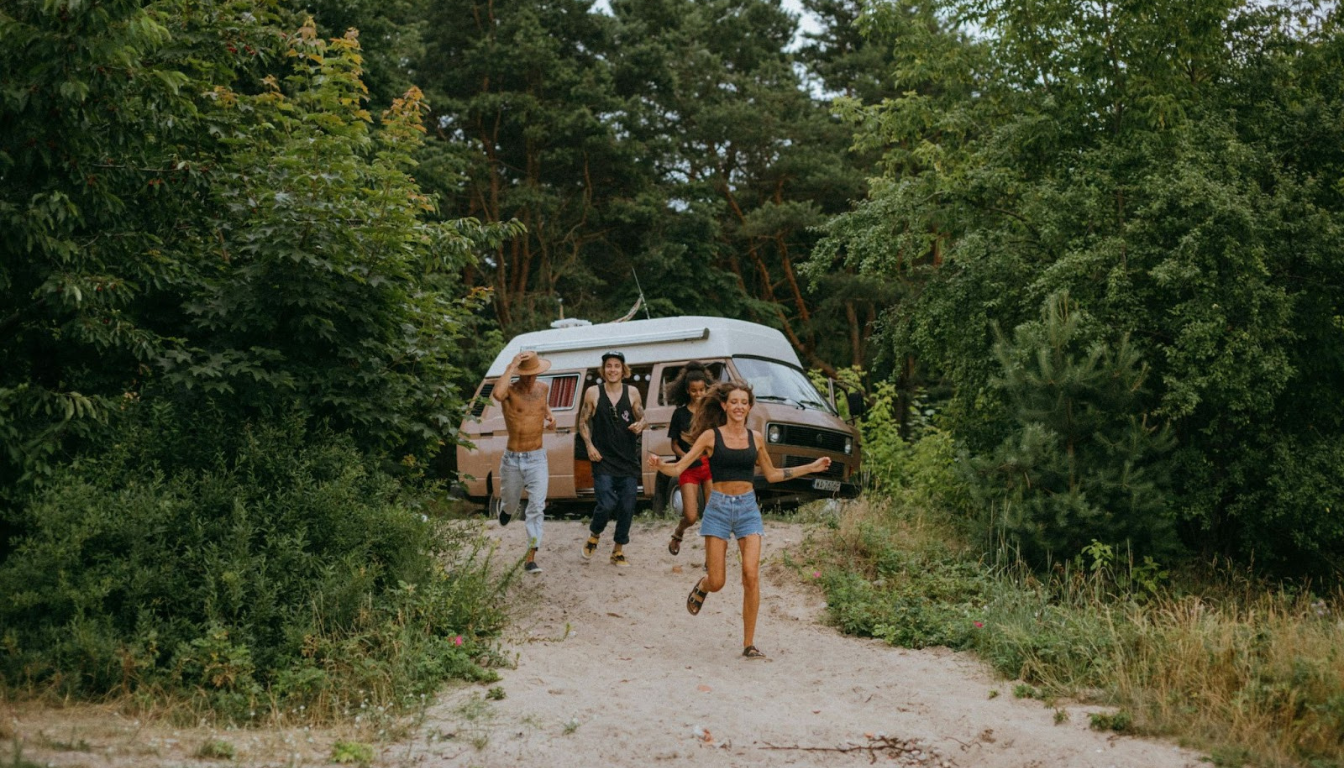
Customizing the retreat experience to meet the specific needs and goals of your team is essential for a successful corporate retreat. Key elements include:
- Creating a unique retreat environment to foster innovative ideas and enhance creative problem-solving among team members.
- Choosing the right activities.
- Setting clear goals and expectations.
By focusing on these aspects, companies can create a retreat that enhances communication and creativity.
Venues like Red Clover Ranch focus on art and nature workshops, fostering creativity and community among attendees. Offsite retreats enable employees to collaborate more effectively by working towards shared goals, ensuring that the retreat meets its objectives.
As corporate travel costs rise, investing in team-building activities becomes increasingly important. Offsite guides teams through location selection and retreat planning, ensuring a seamless and customized experience.
Setting Goals and Expectations
Setting clear and measurable goals and expectations is vital for a successful corporate retreat. By identifying the team’s specific needs and expectations, companies can tailor the retreat to address these effectively. Gathering feedback from past attendees helps refine objectives and ensures that future retreats are more effective.
Incorporating goal-oriented activities during the retreat can enhance team cohesion and clarify collective objectives. Setting these goals helps participants stay focused and ensures that the retreat meets its intended outcomes, creating a more productive and rewarding experience for everyone involved.
Choosing the Right Activities
Selecting the right activities ensures the retreat aligns with its goals. Activities should be selected based on the group’s interests to foster engagement and participation. Incorporating structured team-building activities can enhance communication and teamwork among employees, leading to improved collaboration and problem-solving skills.
Interactive workshops and leisure activities can boost morale and strengthen interpersonal relationships, making the retreat more enjoyable and impactful. One urban retreat, for example, included interactive workshops focused on innovation, leading to actionable ideas that participants could implement back at their workplaces.
By integrating a mix of work and leisure activities, companies can create a balanced and engaging retreat experience.
Ensuring Seamless Execution
Seamless execution is critical to the retreat’s success. Key elements of effective retreat planning include:
- Professional support staff to handle logistics and ensure everything runs smoothly
- Managing logistics such as vendor coordination
- Ensuring flexibility for participants
Clear and effective communication among planning teams is crucial for coordinating various retreat elements, ensuring that all aspects of the retreat are executed without a hitch. By focusing on these logistical details, companies can ensure that their retreat is a smooth and successful experience for all participants.
Enhancing Team Collaboration and Creativity
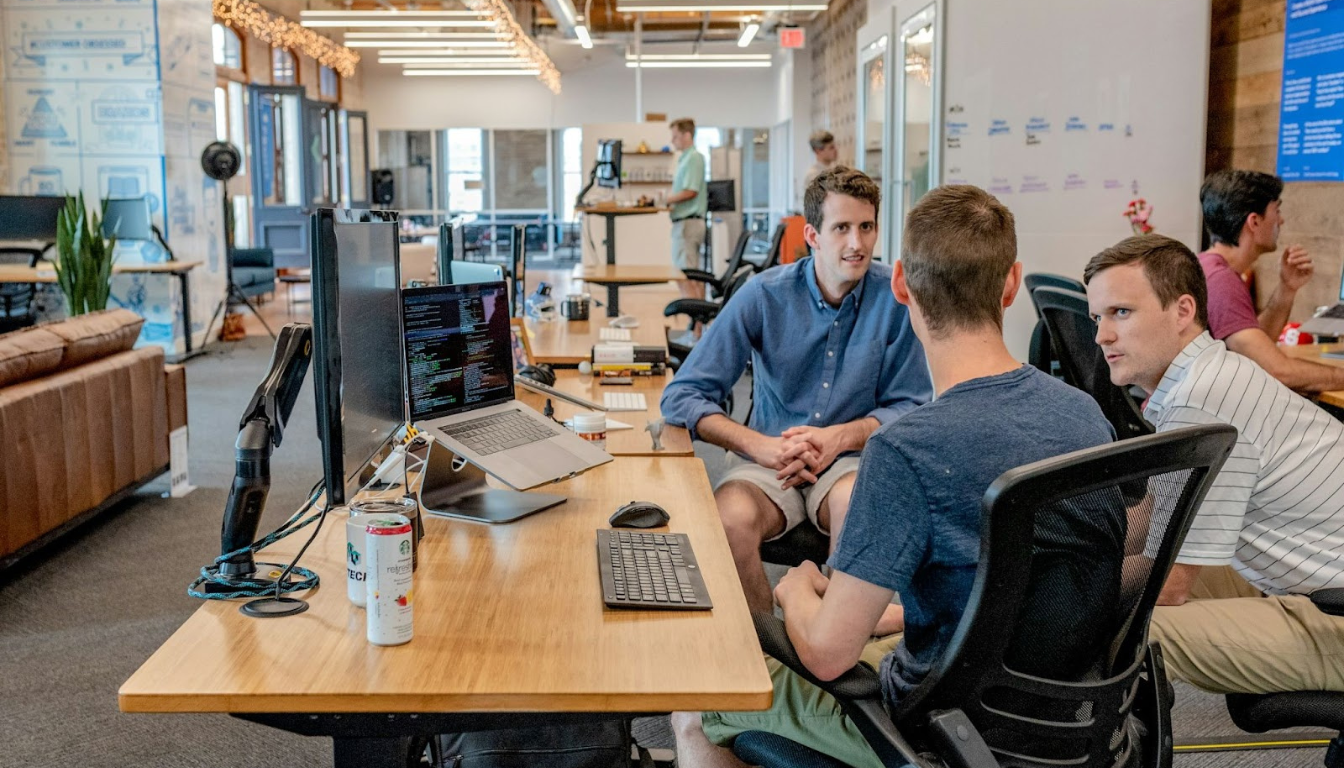
One of the main objectives of planning a corporate retreat is to boost collaboration, ignite creativity, and enhance communication among team members. Urban corporate retreats provide opportunities for teams to engage in diverse cultural experiences that can enhance creativity and collaboration for the next corporate retreat.
On the other hand, rural retreats offer a refreshing break from daily routines, significantly enhancing team morale and focus. Feedback from various companies has shown that the right environment can lead to significant improvements in team dynamics, collaboration, and overall satisfaction.
Offsite ensures that the chosen perfect setting maximizes engagement, productivity, and overall retreat success.
Leveraging the Environment
Leveraging the environment is key to enhancing team collaboration and creativity. Different settings, whether urban or rural, can stimulate creative thought and innovative problem-solving. Urban environments provide vibrant backdrops that can fuel creative ideas through their dynamic atmosphere, enriched by local knowledge.
On the other hand, rural retreats offer stunning views that contribute to a calming and rejuvenating atmosphere by the lake. The tranquil nature of rural settings enhances clarity and focus, offering a conducive backdrop for effective problem-solving and vision.
By choosing the perfect environment, companies can create an atmosphere that fosters collaboration and creativity among team members.
Structured Team Building Sessions
Structured team building sessions are essential for the success of a corporate retreat. Engaging in activities such as exploring the countryside can foster collaboration among team members. Rural settings provide a peaceful environment that enhances focus and collaboration, making these activities more impactful.
By participating in structured team building activities, employees can develop essential skills such as communication, trust, and adaptability, which are crucial for a cohesive and effective team. These sessions help build trust and strengthen team bonds, ensuring that the retreat meets its objectives.
Balancing Work and Leisure
Balancing work and leisure during a corporate retreat is crucial for maintaining high energy levels and engagement among participants. A mix of work sessions and leisure activities helps keep participants motivated and focused, making the retreat more productive.
Integrating leisure activities with work sessions allows team members to relax and recharge, reducing stress and enhancing overall satisfaction with the retreat. This blend of work and leisure ensures that participants remain engaged and energized throughout the retreat, leading to a more successful and enjoyable experience for everyone involved.
Real-Life Success Stories

Real-life success stories of corporate retreats provide valuable insights into the benefits of both urban and rural settings. Many companies have successfully hosted retreats in various environments, each yielding unique benefits for team dynamics. These success stories highlight how the right environment can significantly enhance collaboration, creativity, and overall satisfaction among team members.
Examining these case studies helps companies understand how to plan and execute successful retreats, choosing settings that best meet their needs and objectives.
Urban Retreat Case Study
A marketing firm located in a bustling urban town decided to host an urban retreat to enhance team creativity and collaboration. Participants engaged in a series of workshops aimed at fostering innovative thinking and improving team dynamics, where they could discuss networking events with local business leaders adding further value that could happen.
Post-retreat surveys indicated a 90% satisfaction rate among participants, who cited improved team dynamics and a renewed sense of motivation as key benefits of the next retreat.
This case study demonstrates how an urban setting, with its vibrant city life and modern facilities, can lead to an exceptional and impactful corporate retreat.
Rural Retreat Case Study
A non-profit organization chose to host a corporate retreat at Wildcatter Ranch, a scenic rural location known for its peaceful environment and expansive property. Participants expressed extreme satisfaction with the service and overall atmosphere, highlighting the benefits of disconnecting from the hustle and bustle of city life.
The facilities and environment at Wildcatter Ranch received high praise, with attendees unanimously expressing a desire to hold another retreat at the same location in the following year. This case study underscores the value of rural settings in fostering team bonding and rejuvenation, making them an excellent choice for companies looking to enhance team dynamics and well-being.
Summary
Choosing between an urban and rural setting for your next corporate retreat involves weighing the unique benefits of each environment. Urban retreats offer accessibility, cultural experiences, and modern meeting spaces that enhance collaboration and creativity. On the other hand, rural retreats provide a peaceful environment, nature-based team building activities, and unique lodging options that promote relaxation and team bonding. By understanding the costs and logistics involved, setting clear goals, choosing the right activities, and ensuring seamless execution, companies can create a retreat experience that maximizes engagement, productivity, and overall satisfaction. Whether in the heart of the city or nestled in the countryside, the right setting can make all the difference in achieving the retreat’s objectives and creating lasting memories for your team.
FAQs
- What are the main benefits of an urban corporate retreat?
Urban corporate retreats provide accessibility and cultural experiences, along with modern meeting spaces that enhance collaboration and creativity. These advantages make them a strategic choice for organizations looking to stimulate innovation and teamwork.
- How do rural corporate retreats promote team bonding?
Rural corporate retreats foster team bonding by offering a serene environment and nature-based activities that stimulate relaxation and creative thinking, ultimately enhancing collaboration among team members.
- What should be considered when planning the budget for a corporate retreat?
When planning the budget for a corporate retreat, prioritize lodging, food and beverage expenses, and transportation costs, as these typically constitute the largest portions of the budget. Utilizing group booking discounts can further enhance your cost-efficiency.
- How can companies ensure a seamless execution of their retreat?
To ensure a seamless execution of their retreat, companies should employ professional support staff for logistics and vendor management, while fostering effective communication among planning teams to coordinate all retreat elements. This approach guarantees that every detail is handled efficiently, allowing participants to focus on the experience.
You may also like
Unique spaces for your next offsite
Find distinctive venues for your upcoming corporate retreat.
Stay Updated with Our Insights
Get exclusive content and valuable updates directly to you.



